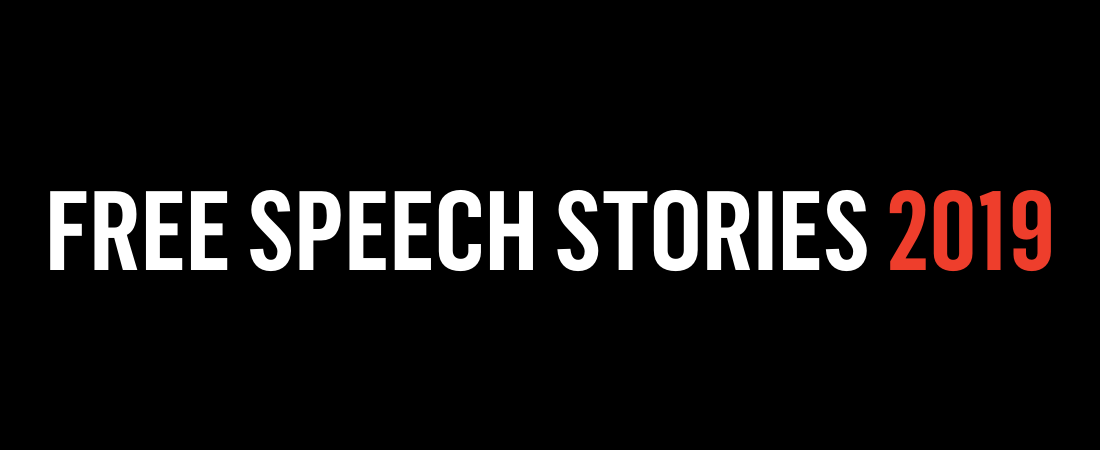These are the stories our readers cared about most this year:
1. Social media censorship and nudity bans
2. Increased challenges to LGBTQ content
Three quarters of this year’s top ban and challenged books were titles telling LGBTQ stories. Over the year, we saw complaints about teaching LGBTQ history books, removals of books from libraries, challenges to entire reading initiatives and cancellations of events featuring LGBTQ writers and performers.
Read our op-ed with author David Levithan on the importance of LGBTQ literature and see our resource guide to Defend LGBTQ Stories
3. San Francisco school mural controversy
George Washington High School announced plans to remove murals commissioned by the Works Progress Administration due to concerns about depictions of people of color. Artists, activists and community members demanded the murals be preserved. NCAC urged the school to reconsider and to hold a public forum about the murals that included student voices.
The board ultimately reversed the decision to destroy the murals, but the debate about what to do with them continues with passionate advocates on all sides.
4. Reading restrictions in prisons
5. Universities stifle art and drama to avoid controversy
From library art displays to student artwork featuring nudity, universities have been quick to remove work from campus display. Several student theater productions have been cancelled over race-related complaints, including, notably, a production of Larry Shue’s The Foreigner, which depicts the KKK as a caricatured villain, and an updated version of Elmer Rice’s The Adding Machine, a play about hatred and intolerance in America.
NCAC is working with the Dramatists Guild to combat this rise in theater censorship on college campuses.
6. Museums appear increasingly fearful of tackling controversial issues and alienating audiences in a polarized time
New York’s El Museo del Barrio cancelled a retrospective of the work of Chilean filmmaker Alejandro Jodorowsky. This cancellation is just one example of art institutions cancelling or modifying shows in response to public pressure.


